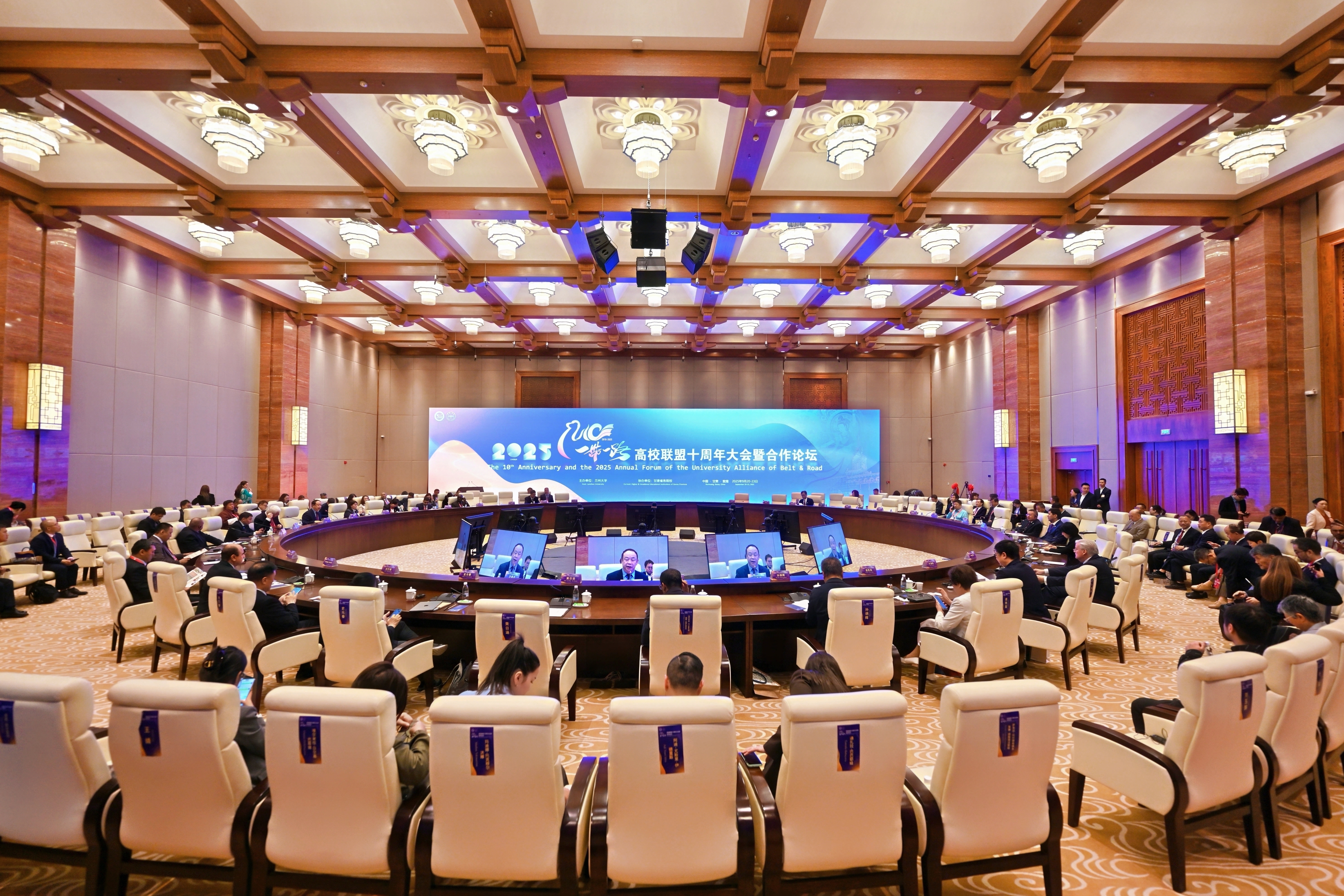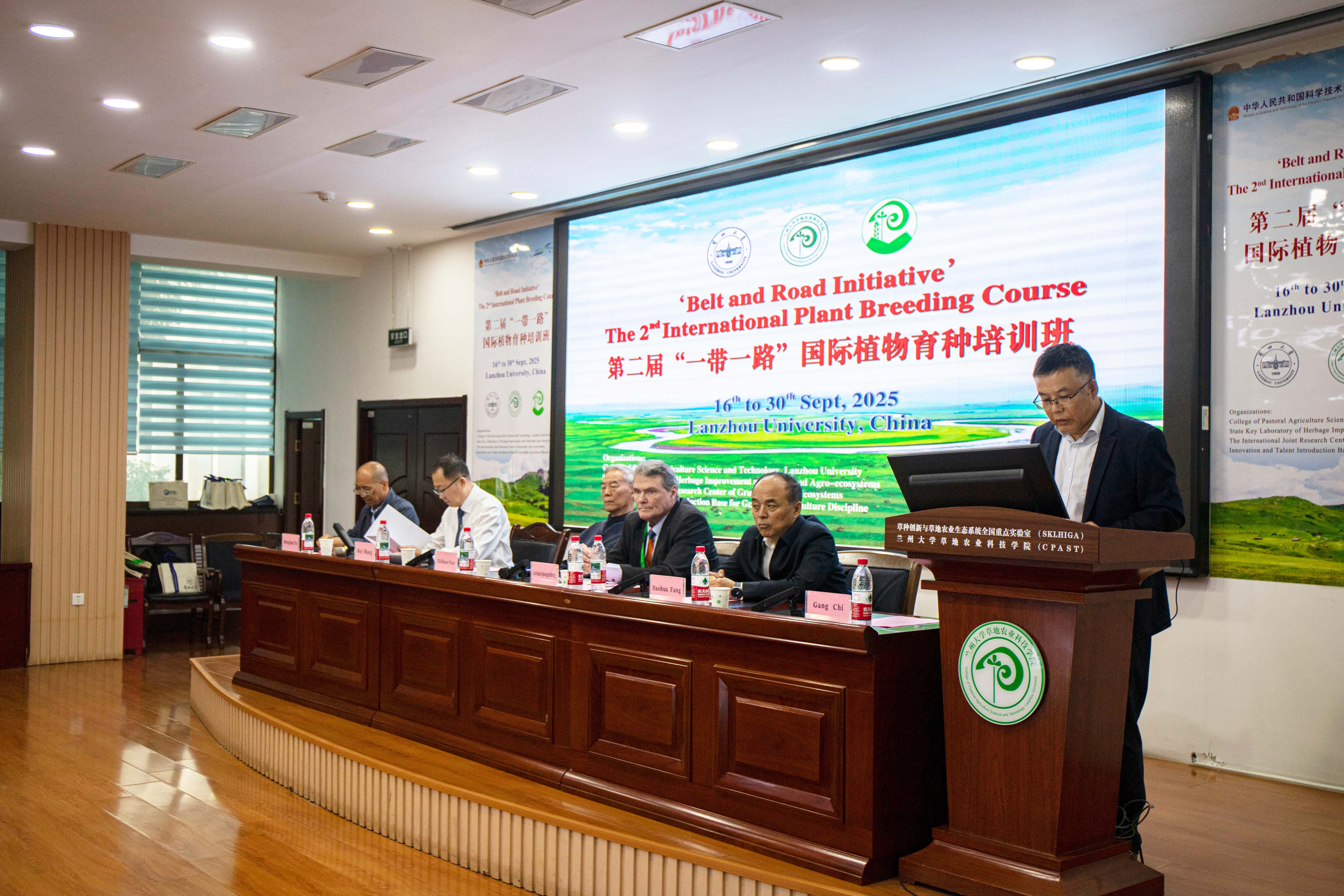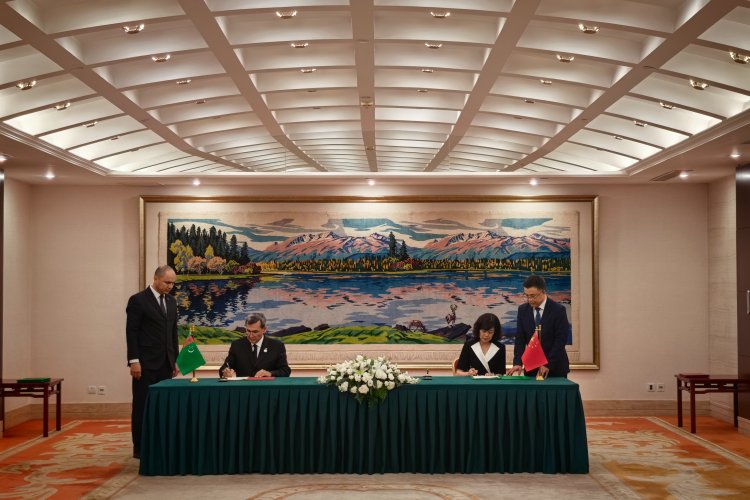In recent years, one of the most widely concerned hot issues in international academic circle is how did prehistoric peoples adjust themselves to the Qinghai-Tibet Plateau, characterized with high-altitude, cold climate and thin air.
The environmental research team led by LZU Prof. Chen Fahu, academician of the Chinese Academy of Sciences, published a paper in Science in 2015. The paper was about that 5200 years ago, people in neolithic age permanently settled down on a large scale in northeast of Qinghai-Tibet Plateau in the altitude below 2500 meters above the sea levelfor the first time in history, who relied on millet since then. About 3600 years ago, they settled down permanently in places in the altitude over 2500 meters, relying on cereals. However, there is a lack of systematic research on paleolithic culture in Qinghai-Tibet Plateau and the determination of particular years still needs further study. Recently, Meyer et al. published a paper in Science, suggesting that paleolithic people might settle down in the middle of Qinghai-Tibet Plateau 7400 years ago with no dependency of agriculture and live stock breeding. LZU environmental archaeology team questioned their opinion because they lack adequate evidence. The team of LZU published their review in Science on 12th, August, 2017. The paper was led by Prof. Zhang Dongju, with Prof. Chen Fahu as its co-corresponding author and graduate Zhang Naimeng, Wang Jian and LZU Prof. Dong Guanghui and researcher Hubby of Tibet Institute of Archaeological as its co-authors.
The history, adjustment and mechanism of prehistoric people's settlement in Qinghai-Tibet Plateau are major scientific issues which require multi-disciplinary cooperation. LZU organized "Northwest and Central Asia Environmental Archaeology Research Center" with Prof. Chen Fahu (Academician of the CAS) as its honorary director and Prof. Dong Guanghui (Young Changjiang Scholar) as its director. The environmental research team led by Prof. Chen has already acquired the support of international key cooperation project of National Natural Science Foundation of China.It is currently cooperating with CAS Institute of Tibetan Plateau Research and conducting multi-disciplinary cooperation both at home and abroad. This will further promote LZU environmental archaeology team's influence in international academic circle and contribute to LZU's "Double Classes" construction.
Appendix:Comment on “Permanent human occupation of the central Tibetan Plateau in the early Holocene”
(Translated by Zhang Yina; proofread by Li Xingyi)




